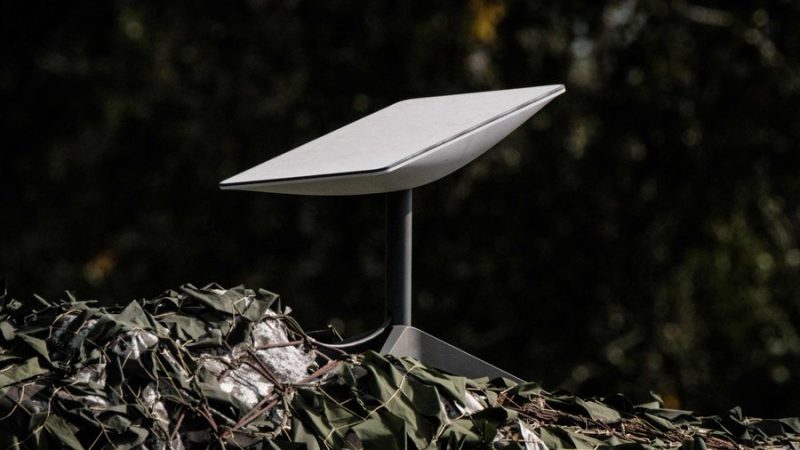Liberia has inked a one-year licensing deal with tech tycoon Elon Musk’s Starlink satellite Internet service to improve coverage throughout the under-connected West African nation.
During the agreement signing on Thursday, Abdullah L. Kamara, the acting head of the Liberia Telecommunications Authority (LTA), informed the media that the country presently has about 60 percent of its population online.
Read also: NCC withdraws “error” statement on Starlink price hike, commences pre-enforcement action
Starlink’s plan to reach 100% network coverage in Liberia
With the assistance of the Starlink agreement, the goal is to increase that percentage to 100 percent, he continued.
Thanks to the deal, Kamara stated, “Every village, town, and even your farm can have access to the internet.”
The LTA Facebook page did a live broadcast of the event.
Internet can be accessed in rural areas and places that are not serviced by traditional communications infrastructure thanks to Starlink’s network of low-Earth orbit satellites.
According to Kamara, Starlink has received a one-year provisional licensing from the LTA and will officially start operations by November.
“The one year is intended for all of us, they, ourselves, and the marketplace to understand the real impact — and then after one year, we will issue the continuing license with any amendment that is necessary,” he stated.
According to Kamara, the price for users has not yet been decided; nevertheless, as part of the agreement, Starlink will need to collaborate with Liberia’s regional ISPs.
Only 30% of Liberians have access to the Internet
A post on the LTA website states that only 30 percent of Liberia’s 5.3 million citizens have access to dependable internet services.
“Starlink’s entry into the market could be transformative, especially for rural areas with limited connectivity,” it stated.
The richest man on earth, Elon Musk, had a virtual encounter with Liberia’s President Joseph Boakai in July.
According to the LTA, they talked about “fostering international collaboration and leveraging technology for Liberia’s development”.
Read also: Nigerians to pay more for Starlink subscription due to high inflation rate
Mali lifts ban on Starlink after seven months
In a related development, after a seven-month ban on Starlink satellite Internet kits, Mali’s military government has decided to lift ilthe restriction. Citizens can again connect to the service for six months while they develop new regulations.
Worried that armed factions in the north and east were utilising Starlink for communication, the government implemented the embargo in March 2024. Threats from groups associated with Al-Qaeda and the Islamic State of Iraq and Syria (ISIS) raised concerns about the potential exploitation of this technology.
Now, Starlink’s return is significant for Mali, even though there are still security issues. In a nation beset with political crisis and insecurity, the satellite technology has proven invaluable in providing Internet access to rural locations.
Although the emphasis is on regulating its usage in conflict zones, many people think that restricting access to the Internet could harm economic development and education, particularly in rural areas.




